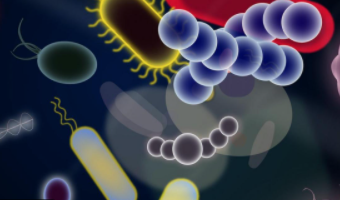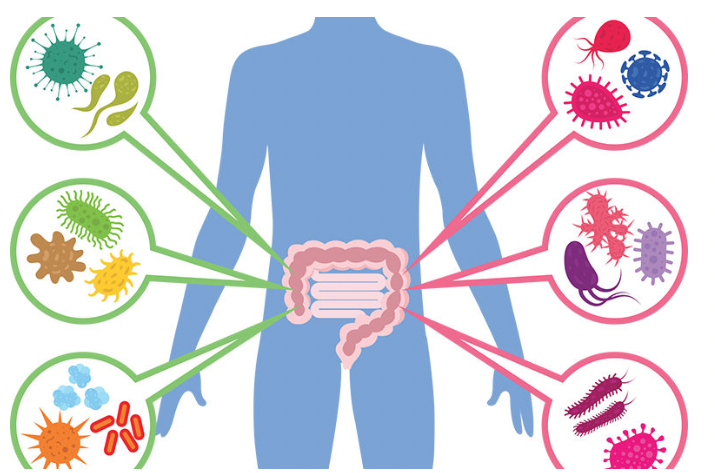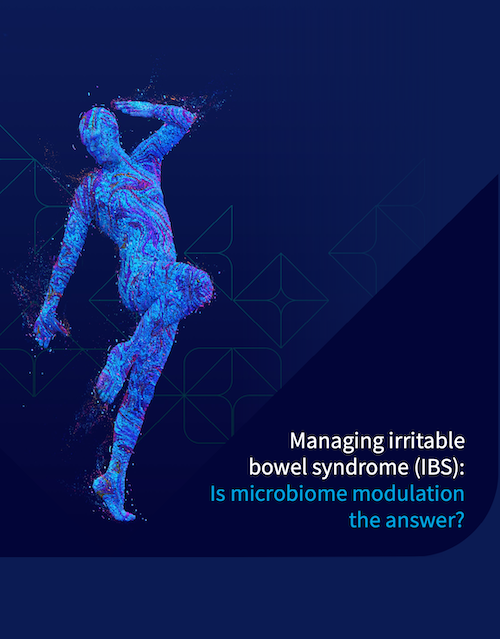Probiotic Metabolite May Help Treat IBS
Science is only beginning to understand the role that the gut microbiome—the collection of bacteria and other microbes that live in our intestines—plays in our overall health. For one thing, these tiny tenants of our digestive system metabolize various components of our diets to produce beneficial fatty acids (FAs) thatRead











